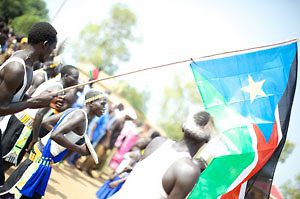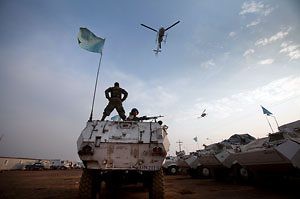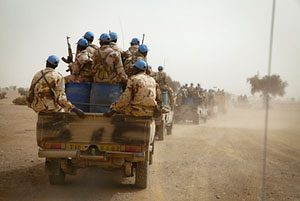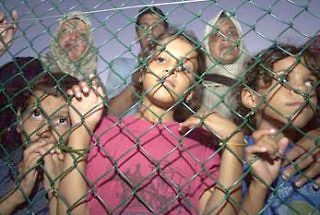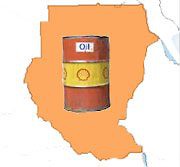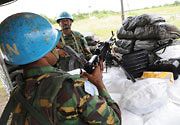Ivan Šimonović, UN Assistant Secretary-General for Human Rights, says that, during the fighting in December, there were human rights violations on both sides.
Author: Bianca Selway
-
-
UN peacekeepers are encountering threats never seen before in Africa, and it may be time to re-examine peacekeeping, said Major General Patrick Cammaert.
-
Peacekeeping is far less costly than war, but comparatively little research has been done on key questions of peacekeeping finances.
-
A proposed policy to relocate asylum seekers in Australia to Papua New Guinea could tarnish the country’s image as a champion of human rights.
-
The lack of a workable resolution between Sudan and South Sudan could contribute to renewed conflict in the region.
-
In long-standing conflicts like South Sudan, it becomes difficult to distinguish the combatants from the civilians that need protection.
